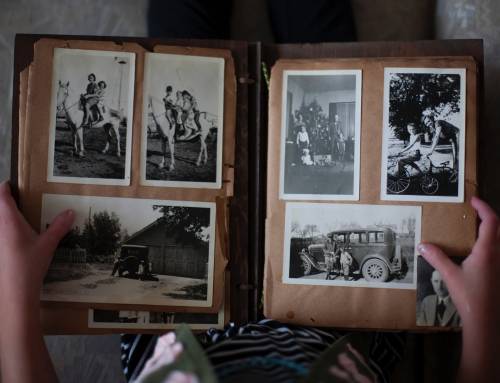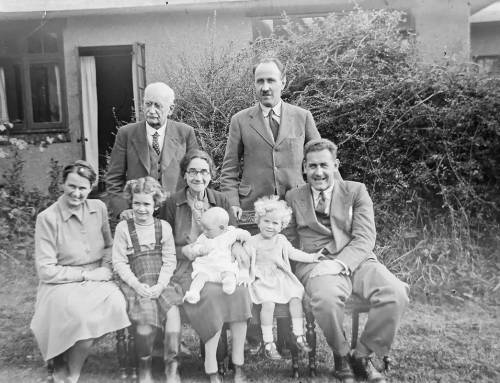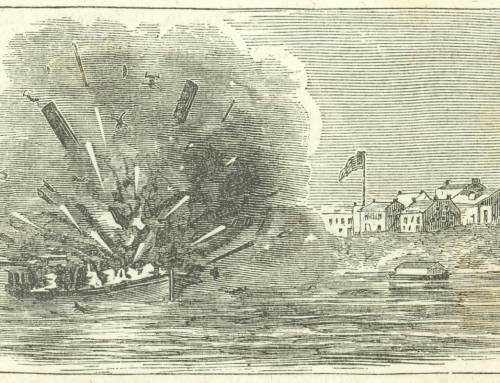I loved visiting my grandma. As a kid we would often make the six hour drive to visit her during the summer, where we would spend a couple weeks. We’d play in her backyard and beg Grandpa to push us on the exceptionally tall swing. At the end of a day of adventures, we’d sit around the special dining room table to a big meal she had prepared and listen to her share her experiences as a little girl.
Time with Grandma was special.
But as I got older and took my own children to visit Grandma, things started to change. Grandma couldn’t remember details quite the same. Her behavior started to change. She needed more care and support. She increasingly struggled to recall those experiences I loved hearing and wanted my children to hear.
Grandma’s memory continued to deteriorate over several years, to the point she frequently couldn’t even recognize Grandpa. She would complain to Grandpa in the afternoon about the strange man that was in her room trying to help her that morning. Grandpa was her best caregiver and loved her deeply. But no matter how much he and the rest of us loved and cared for her, I sadly realized:
Time with Grandma was limited.
Dementia is a syndrome that causes deterioration of cognitive function and affects memory, emotion, and behavior. Alzheimer’s disease is the most recognized and most common form of dementia. Worldwide, over 55 million people live with it, and 1 in 3 seniors die with it – making dementia the seventh leading cause of death among all diseases.
While there is no cure for dementia currently, millions of dollars are invested each year to study the various causes. In fact, a $350 million dollar specialist venture capital fund, The Dementia Discovery Fund, was established to invest and support companies developing therapeutics for dementia. There is a lot of momentum in the healthcare community to fix this growing problem.
You and I can also do something to help.
While the medical community continues their research, we still have millions of people whose memories are fading. They each have lived rich lives with so many incredible experiences. We can help them record and share their memories so they stay alive.
You don’t have to be a journalist to be great at recording your loved one’s memories. All you need is dedication to doing it. You already love the individual, so it’s primarily a matter of routinely scheduling time in your calendar, coming up with a few questions to get you started, and documenting their responses.
One memory will lead to additional questions. Some stories you’ll recognize, but the more questions you ask and the more details you pursue, the more you’ll learn how fascinatingly unique they are. You’ll find yourself wishing you had more time with each visit and looking forward to the next conversation. Over time you’ll accumulate a treasured collection of memories you and your family will enjoy.
My grandma passed away in 2013. While losing someone is always difficult, I find an immense amount of comfort in the memories I have of her. I enjoy sharing them with my children. Dementia can’t take the memories we’ve recorded.




